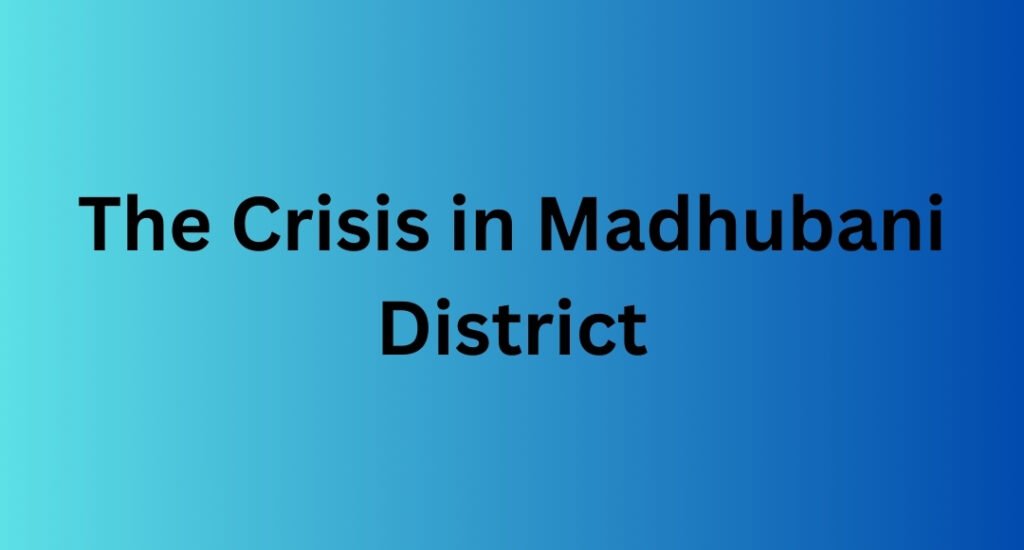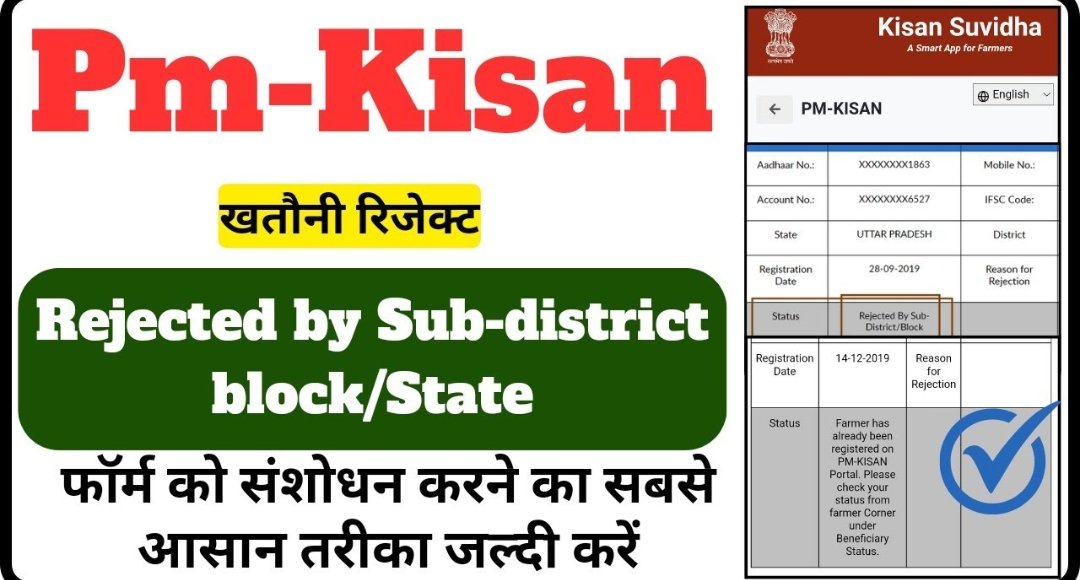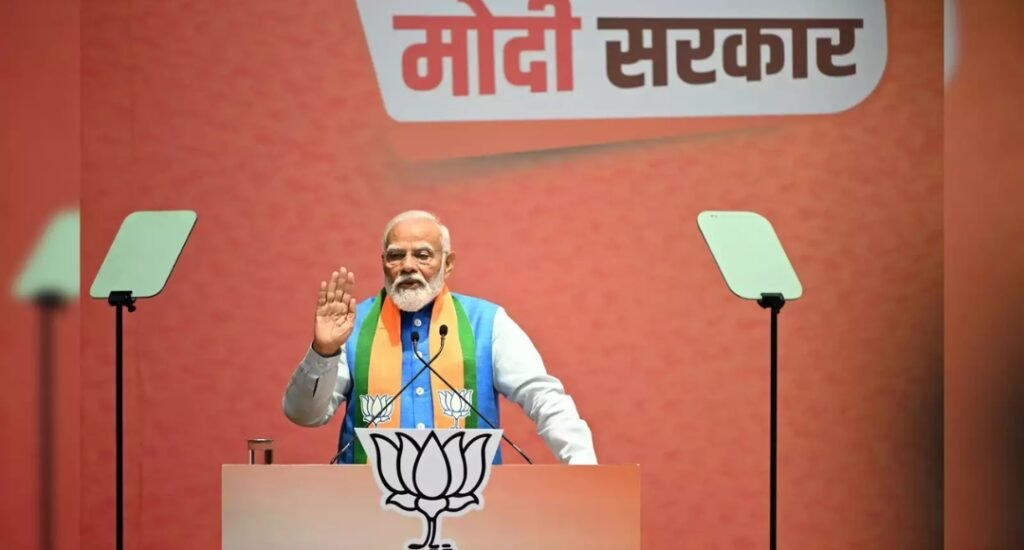The Pradhan Mantri Kisan Samman Nidhi Yojana (PM Kisan Yojana) has been a lifeline for small and marginal farmers across India, providing them with financial support. However, in Madhubani district, Bihar, the situation paints a different picture. A shocking 75% of applications under the scheme have been rejected, raising concerns among farmers and authorities alike. Let’s dive deeper into why this happened, how the agricultural department is responding, and what it means for the future of the scheme in the region.
Understanding the PM Kisan Yojana
The PM Kisan Yojana was launched by the central government in 2019 to provide income support to farmers. Under the scheme, eligible farmers receive ₹6,000 annually in three installments of ₹2,000 each, directly into their bank accounts. The program aims to reduce the financial burden on small farmers and ensure they have some stability in their income.
The Crisis in Madhubani District

In Madhubani district, over 75% of applications for the PM Kisan Yojana have been rejected, leaving thousands of farmers ineligible for the scheme’s benefits.
Reasons for Rejections
The primary reasons cited by the agricultural department include:
- Incomplete Documentation:
- Many farmers failed to provide necessary documents such as land ownership records, Aadhaar details, and bank account information.
- Ineligibility:
- Some applicants did not meet the eligibility criteria, such as owning agricultural land under the required size limit.
- Duplicate Applications:
- Instances of multiple applications by the same individual led to automatic disqualifications.
- Mismatch in Records:
- Errors in Aadhaar details, bank account numbers, or land records created discrepancies, causing applications to be rejected.
Impact on Farmers
The large-scale rejection of applications has had a significant impact on the farmers of Madhubani district.
1. Financial Strain
The scheme’s financial assistance is a crucial support system for many small farmers. With their applications rejected, these farmers face additional pressure to manage their agricultural activities.
2. Loss of Trust
The high rejection rate has led to a lack of confidence among farmers in government processes. Many feel disheartened and believe their efforts to apply have gone to waste.
3. Administrative Challenges
Farmers have to go through a lengthy process to resubmit their applications or appeal the rejection, which adds to their stress and workload.
The Agricultural Department’s Response
The agricultural department has acknowledged the issue and taken steps to address it.
1. Strict Verification Process
To ensure that only eligible farmers benefit from the scheme, the department has implemented a stringent verification process. While this reduces fraud, it also increases the rejection rate.
2. Awareness Drives
The department is organizing camps and workshops to educate farmers about the application process, required documents, and eligibility criteria.
3. Assistance in Resubmission
Farmers whose applications have been rejected are being guided to correct errors and resubmit their applications. Officials are working to streamline the process to reduce delays.
Key Challenges
Despite the government’s efforts, several challenges remain:
- Lack of Digital Literacy: Many farmers are unfamiliar with online application procedures, leading to errors.
- Complex Documentation: Obtaining and verifying land records is a time-consuming and difficult process for many.
- Delayed Response: Farmers often face delays in receiving feedback on their applications, leaving them in limbo.
What Can Be Done to Improve the Situation?

To ensure the success of the PM Kisan Yojana in districts like Madhubani, the following measures can be considered:
- Simplifying the Application Process:
- Reducing paperwork and allowing local bodies to assist farmers in completing applications can improve acceptance rates.
- Improving Record-Keeping:
- Digitizing land records and linking them directly with Aadhaar can eliminate discrepancies.
- Proactive Outreach:
- Regular outreach programs can educate farmers about the scheme and help them avoid common mistakes.
- Setting Up Local Assistance Centers:
- Dedicated centers in villages can guide farmers through the process and resolve issues quickly.
Conclusion: A Call for Action
The rejection of 75% of applications under the PM Kisan Yojana in Madhubani district highlights the need for a more farmer-friendly approach. While the scheme aims to uplift farmers, its success depends on ensuring that the application process is accessible and efficient.
For farmers, the scheme offers a lifeline, and for the government, it represents a commitment to rural development. By addressing the challenges faced in districts like Madhubani, the authorities can ensure that the benefits of the PM Kisan Yojana reach those who need it the most.





